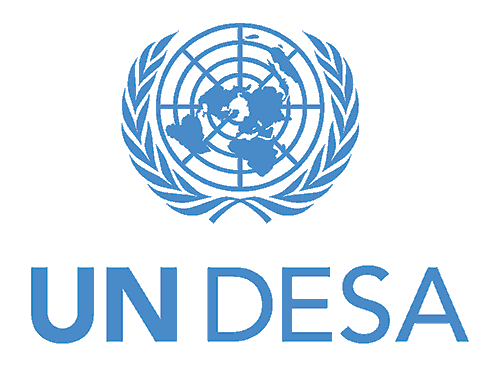OG-CORE Training Programme
The OG-CORE training programme aims to build the capacity of government agencies and research institutions to utilize modern quantitative modelling tools in support of sustainable development strategies and decision-making processes. This initiative is designed to address the challenges posed by the COVID-19 pandemic and the ongoing war in Ukraine, which threaten to undermine progress in poverty reduction and the achievement of the UN Sustainable Development Goals (SDGs).
The course provides a comprehensive introduction to the Core Overlapping Generations Macroeconomy Model (OG-CORE), adapted for each beneficiary country. The training does not require participants to have prior quantitative modelling skills, as it focuses on equipping them with the knowledge to apply these tools effectively in policy-making contexts.
The training programme includes a series of modules that introduce the OG-CORE model, offering a non-technical overview of its major components, practical exercises, and examples of policy simulations.
- Module 1: Initial Training Workshop
The initial workshop introduces participants to the foundational aspects of the OG-CORE model and its application to economic policy analysis. - Module 2: Online, Self-Paced Training
The second module is an online, self-paced course designed to ensure that all participants reach the same level of proficiency with Python and develop familiarity with running the OG-CORE model on their computers. - Module 3: Hands-On Intensive Training Workshop
The third module is a hands-on intensive 5-day workshop. This module will focus on running the model effectively, validating the country calibration by analyzing baseline behavior, and using the model to run and study scenarios collaboratively defined by participants.
This project is funded by the United Nations Peace and Development Trust Fund and targets research institutions (governmental and non-governmental) responsible for providing analytical support to national policymakers. Participants will benefit from the transfer of modelling tools, documentation, and training, enabling them to develop policy notes and analyses that inform viable policy options and strategies.
The expected outcomes of the training programme include enhanced analytical capacity for decision-making and national planning, enabling government ministries, agencies, and other stakeholders to conduct continuous monitoring and analysis of development outcomes. By strengthening the evidence base for policy discourse, the training programme will support the identification and implementation of the most appropriate and effective policy choices for sustainable development.
